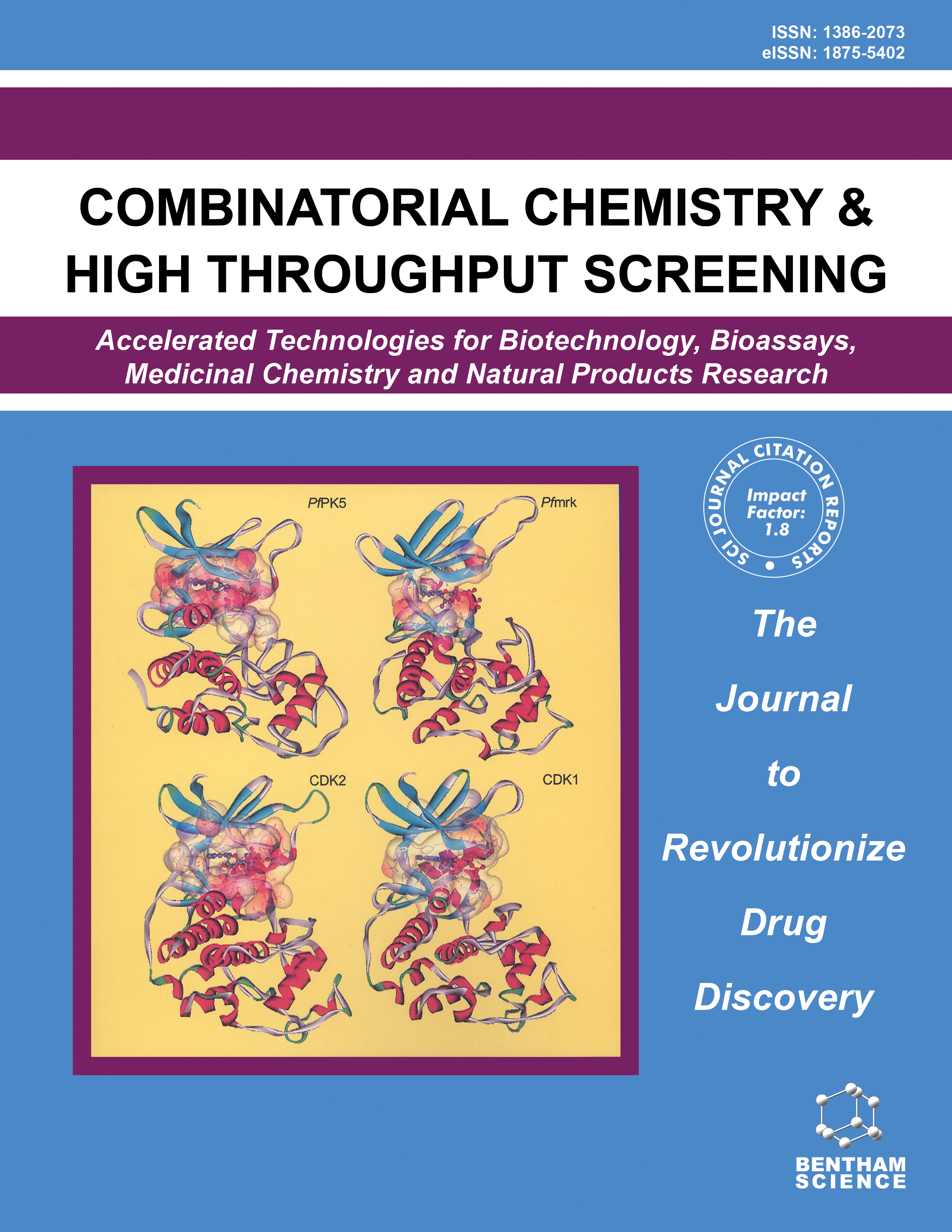
Full text loading...

Methotrexate (MTX) effectively eliminates cancerous cells but can also cause inflammation intestinal, known as mucositis. Forsythiaside A (FTA) from Forsythia suspensa has shown promise in relieving mucositis by targeting the NLRP3 pathways. Since NLRP3 inflammasome activation is negatively regulated by autophagy, this study explores how FTA-mediated autophagy affects NLRP3 inflammasome in treating MTX-induced intestinal inflammation.
Intestinal mucositis was induced in rats with MTX. FTA's impact was assessed using HE staining and ELISA. The mechanism was studied using immunofluorescence, western blot, and ELISA.
FTA treatment resulted in reduced levels of D-lactic acid and diamine oxidase (DAO) in MTX-treated rats. Western blot and immunofluorescence analyses revealed up-regulation of Beclin-1 and LC3II/I, accumulation of LC3, and down-regulation of p62 expression levels in MTX-treated rats following 40 or 80 mg/kg FTA intervention. However, when the autophagy inhibitor 3-MA was used, the intestinal pathology was exacerbated, the inflammatory scores increased, and serum levels of TNF-α, IL-1β, and IL-18 were elevated. Western blotting indicated decreased LC3II/I expression, while NLRP3, cleaved caspase 1, and cleaved IL-1β expressions were upregulated.
These findings suggested that FTA alleviated MTX-treated intestinal mucositis by activating autophagy, which in turn inhibits the NLRP3 inflammasome.

Article metrics loading...

Full text loading...
References


Data & Media loading...
Supplements